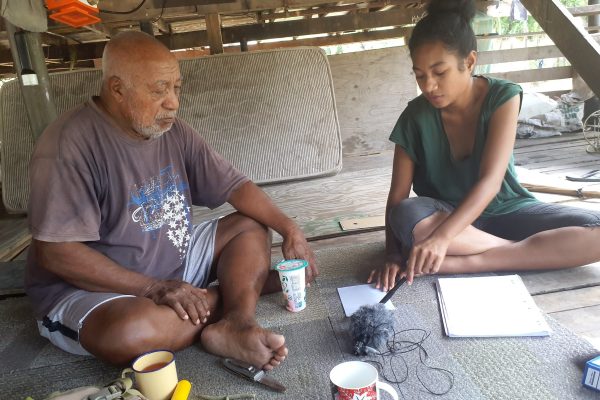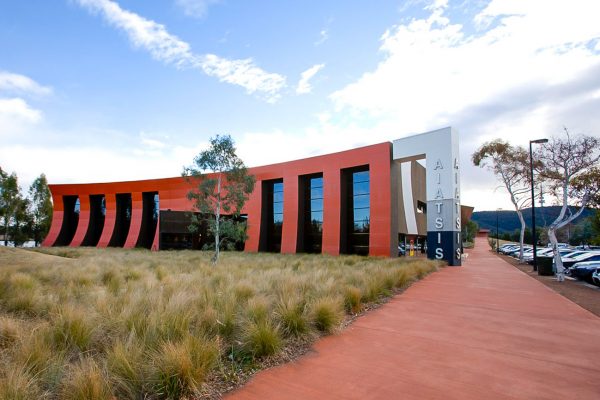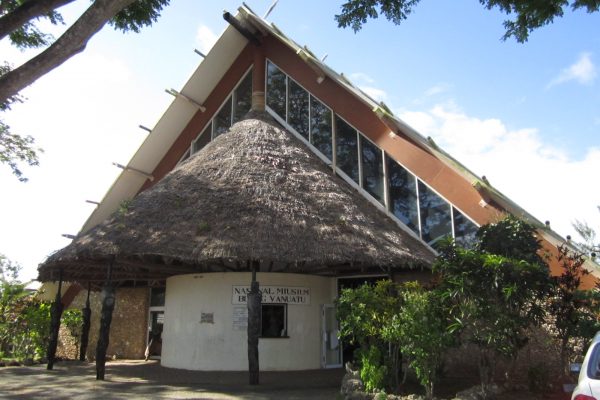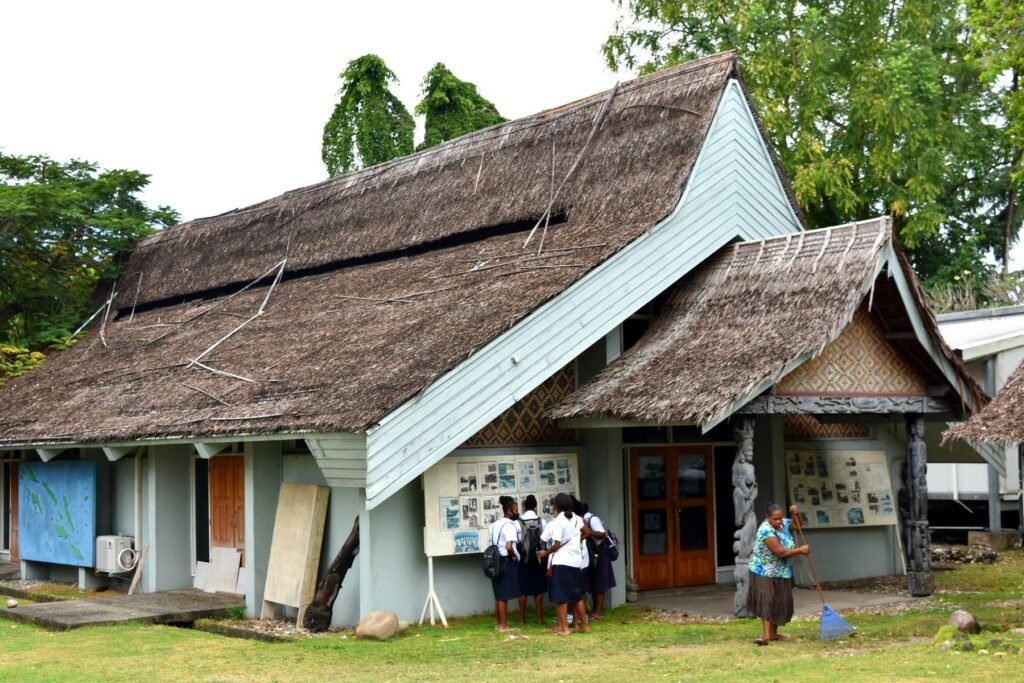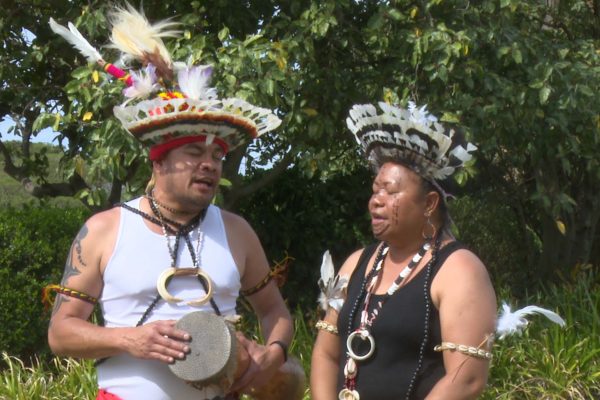The True Echoes project involves both historical and participatory research methods. We started with historical research on the British Library’s collections of Australian and Pacific wax cylinders, undertaken in collaboration with our international partners. These include the Institute of Papua New Guinea Studies (IPNGS), the Australian Institute of Aboriginal and Torres Strait Islander Studies (AIATSIS), Vanuatu Cultural Centre, Solomon Islands National Museum and PARADISEC.
This historical research – found here – helped to identify information such as song titles, locations, recording content and the names of singers and speakers. This information laid the foundation for participatory research, which reconnects the early sound recordings made during the late nineteenth and early twentieth centuries with the communities from which they originate, in order to learn more about the recordings and what they mean to descendants today. This activity involves researchers from the communities in which the historical recordings were made.
Explore the sections below to learn more about the local researchers involved in the project and to see examples of their research. As participatory research continues, more information will be added to these pages.
Researchers affiliated with the following institutions engaged with members of communities in the regions where the recordings were made a century ago, attempting to reconnect these communities with their heritage. This was facilitated by taking audiovisual equipment to play back the recordings and to capture contemporary interpretations and any significant elements within them today.
Institute of Papua New Guinea Studies (IPNGS)
IPNGS is a national cultural institution that researches, documents, archives, and promotes Papua New Guinea cultures, with a focus on music/dance, ethnology, and literature.
Ten researchers affiliated with the Institute were involved in participatory research, gathering information from ten different language communities in Papua New Guinea. Two of these areas are featured below.
Australian Institute of Aboriginal and Torres Strait Islander Studies (AIATSIS)
AIATSIS is a research, collections and publishing organisation, which promotes knowledge and understanding of Aboriginal and Torres Strait Islander cultures, traditions, languages and stories, past and present.
Vanuatu Cultural Centre
The Vanuatu Cultural Centre assists with the preservation, protection and promotion of Vanuatu’s tangible and intangible cultural heritage. Since its inception, the Vanuatu Cultural Centre has played a major role in the documentation of traditional knowledge and artefacts, the surveying of cultural and historical sites, and the discovery of significant archaeological sites.
Solomon Islands National Museum
The Museum collects artefacts and conducts documentary research into culturally important sites around the country under the National Site Survey programme and in collaboration with visiting archaeologists. These programme enhance the development of both the SINM and Solomon Islands, and encourage a better understanding of the people, culture and environment of Solomon Islands.
Pacific and Regional Archive for Digital Sources in Endangered Cultures (PARADISEC)
PARADISEC is a digital archive of records of some of the many small cultures and languages of the world. PARADISEC works to safely preserve materials that would otherwise be lost and their collection represents over 1,300 languages.




